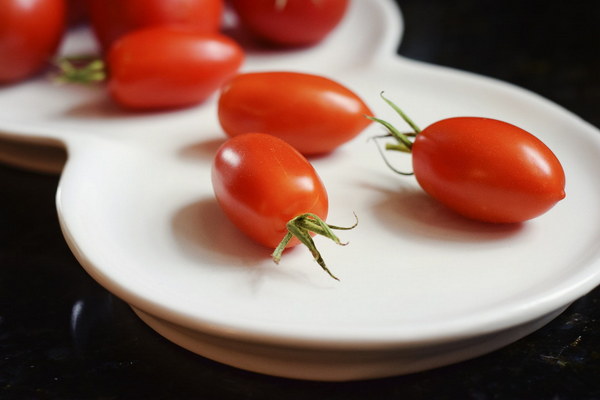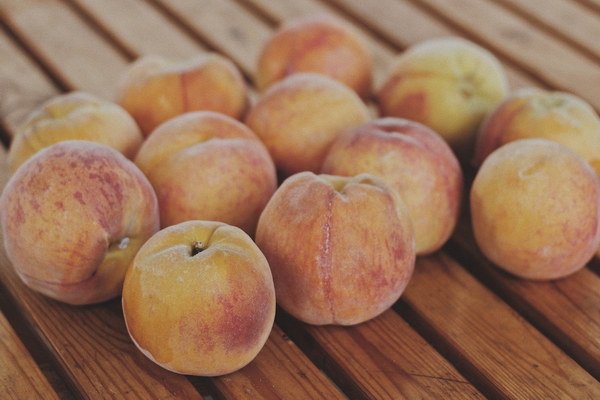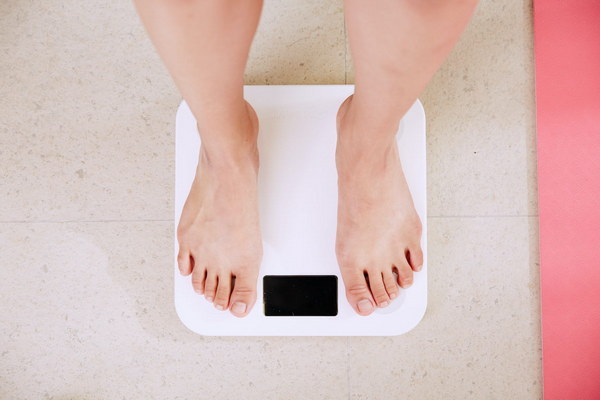Do You Feel Cold When You Eliminate Dampness Understanding the Link Between Dampness and Cold Sensitivity
Introduction:
Dampness is a common concept in traditional Chinese medicine, often associated with various health issues. Many people wonder if eliminating dampness can lead to increased cold sensitivity. In this article, we will explore the relationship between dampness and cold sensitivity, and provide insights into how to manage both effectively.
Understanding Dampness:
Dampness, in traditional Chinese medicine, refers to an imbalance in the body's moisture levels. It is believed to arise from external factors, such as living in a humid environment, or internal factors, such as poor diet and excessive moisture production. When dampness accumulates in the body, it can lead to various symptoms, including fatigue, bloating, and weight gain.
The Link Between Dampness and Cold Sensitivity:
It is not uncommon for individuals with dampness to experience cold sensitivity. This is because dampness can affect the body's ability to regulate its temperature, leading to a weakened immune system and increased susceptibility to colds and flu.
Here are a few reasons why dampness may contribute to cold sensitivity:
1. Impaired Circulation: Dampness can lead to poor circulation, which makes it difficult for the body to distribute warmth evenly. This can result in feeling cold, especially in extremities such as hands and feet.
2. Weakened Immune System: Dampness can weaken the immune system, making it harder for the body to fight off infections. When the immune system is compromised, the body may be more susceptible to colds and flu, leading to increased cold sensitivity.
3. Stagnation of Qi: In traditional Chinese medicine, Qi (vital energy) is essential for maintaining a healthy body. Dampness can cause Qi to stagnate, leading to fatigue, weakness, and increased sensitivity to cold temperatures.
Managing Dampness and Cold Sensitivity:
To alleviate dampness and cold sensitivity, consider the following strategies:
1. Diet: Avoid foods that contribute to dampness, such as sugary, fatty, and processed foods. Incorporate foods that help to eliminate dampness, such as ginger, garlic, and leeks.
2. Exercise: Regular physical activity can improve circulation and boost the immune system, helping to alleviate cold sensitivity. Engage in moderate exercise, such as walking, yoga, or tai chi.
3. Acupuncture: Acupuncture is a traditional Chinese medicine practice that can help balance the body's Qi and eliminate dampness. It may be an effective treatment for reducing cold sensitivity.
4. Herbs: Certain herbs are believed to have dampness-dissipating properties. Consult with a qualified herbalist to determine the best herbal remedies for your specific needs.
5. Lifestyle adjustments: Reduce exposure to damp environments, such as poorly ventilated rooms or humid weather. Practice stress-reduction techniques to promote overall well-being.

Conclusion:
Eliminating dampness can indeed lead to increased cold sensitivity. By understanding the link between dampness and cold sensitivity, and implementing strategies to manage both, individuals can achieve a greater sense of comfort and well-being. Always consult with a healthcare professional before starting any new treatment or making significant lifestyle changes.









